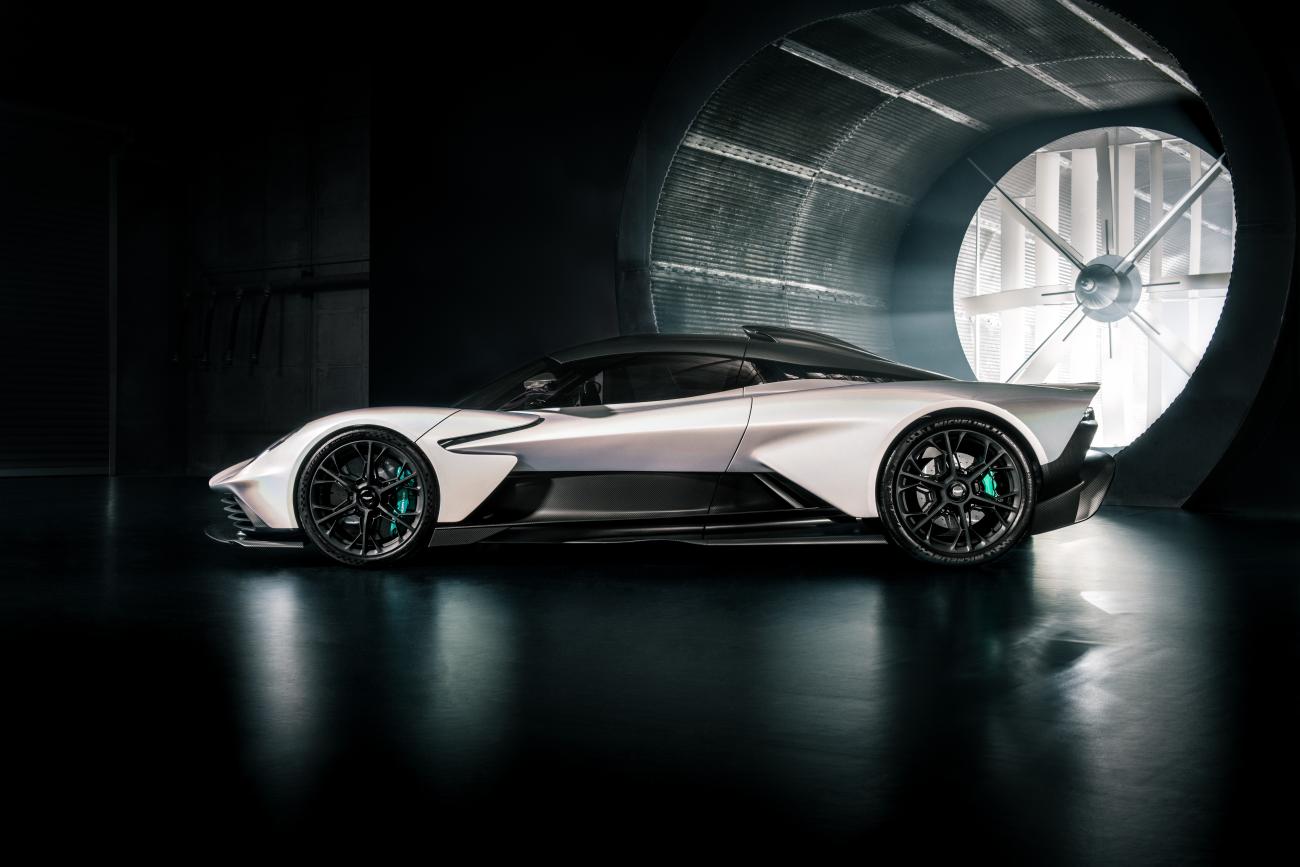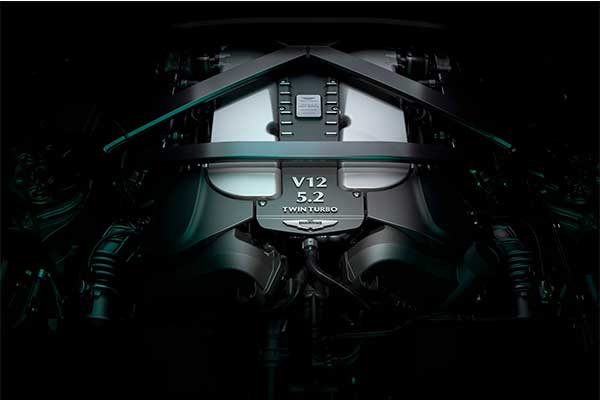Aston Martin, like many other automobile brands, plans to continue producing traditional combustion-engine vehicles for as long as regulations allow. Lawrence Stroll, the company’s CEO, noted that while there’s significant hype around electric vehicles (EVs), consumer demand at Aston’s price point doesn’t fully support the shift yet.
However, Aston Martin acknowledges the inevitability of transitioning to electric power, though the timeline may extend beyond initial plans due to market dynamics.
To bridge the gap between conventional and electric vehicles, Aston Martin is investing heavily in plug-in hybrid technology for its V-8 and V-12 engines. These hybrid models will blend traditional combustion engines with electric power, offering a compromise between performance and environmental consciousness. The popular DBX SUV is likely to be the first recipient of this technology, with a refresh expected soon, possibly within the current year.

Despite the push towards electrification, Aston Martin has delayed the launch of its first electric vehicle until 2026, with deliveries slated for 2027. This delay reflects the company’s strategic response to regulatory changes, particularly Britain’s extension of the ban on high-emission petrol and diesel cars. The decision underscores Aston Martin’s commitment to navigating the evolving automotive landscape while aligning with governmental initiatives to combat climate change.
The transition to battery-electric vehicles (BEVs) presents challenges for the automotive industry. Inconsistent demand, high prices, and inadequate charging infrastructure impede widespread adoption, creating a complex landscape for automakers. The varying pace of market shifts towards EVs across different regions further complicates strategic planning, requiring companies like Aston Martin to balance long-term sustainability goals with immediate market realities.
While Aston Martin continues to prioritize the development of combustion-engine vehicles, the company recognizes the importance of incorporating electrification to meet future regulatory requirements and consumer preferences.
The investment in plug-in hybrid technology signifies a proactive approach to sustainability without completely abandoning the brand’s heritage of performance and luxury. As the industry evolves, Aston Martin aims to navigate these changes while maintaining its position as a premier automotive manufacturer.

